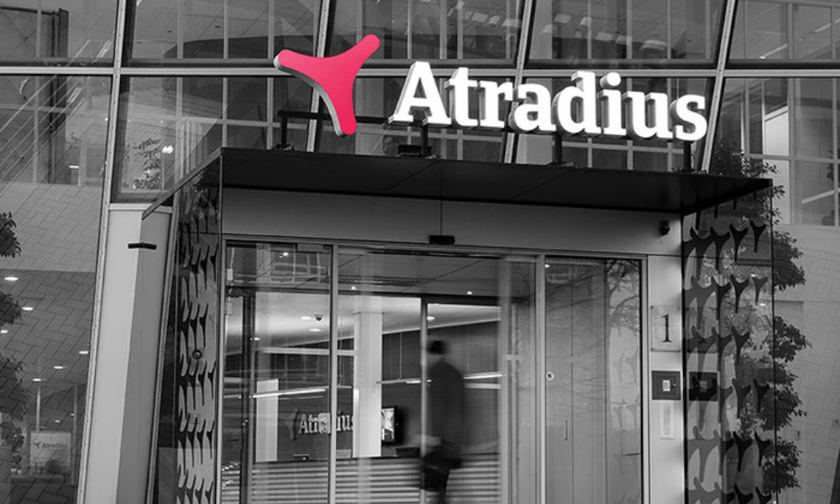

Ahead of today’s General Election in the UK, trade credit insurer Atradius has examined the different parties’ pledges that relate to business.
In the construction and housebuilding space, all three political parties vow to give housing a boost. The Liberal Democrats promise to deliver 380,000 new homes annually by revitalising planning departments with better funding and allocating investments in construction skills, training, and technology.
Labour’s pledge is to build 1.5 million homes over the next parliamentary term, with a focus on brownfield and low-quality green belt areas. The Conservatives aim to construct 1.6 million homes in five years by accelerating planning approvals, particularly on brownfield sites.
Commenting on the plans, Atradius UK senior underwriter and insolvency expert Ruby Hartery said: “The construction sector has been through the mill in the last few years. In 2023, construction accounted for 18% of UK insolvencies with 4,276 reported in England and Wales, and our data showed payment defaults in the construction sector increased by 32%.
“High interest rates and the cost-of-living crisis have continued to weigh on the sector. So, companies are looking to the winner of the general election to provide such much-needed support.”
Hartery also pointed to the need for the winning party to streamline the development process by reducing bureaucratic delays, investing further in affordable housing, and ensuring that the accompanying infrastructure is in place.
“Addressing the skills shortage through vocational training and apprenticeships, coupled with incentives for sustainable and innovative building practices, will be crucial,” she added. “Only with a comprehensive, forward-thinking strategy can we meet the growing demand for homes and contribute to a thriving, resilient housing market.”
Meanwhile each party has also made commitments regarding business rates. The Conservatives plan to establish more Business Rates Retention zones. Labour and the Liberal Democrats, however, have pledged to overhaul the system. Labour’s reforms aim to create a level playing field for High Street firms against online competitors, while the Liberal Democrats suggest a “commercial landowner levy” as a replacement.
Hartery shared her insights, noting: “The outdated and unfair business rates system has for too long burdened British businesses, both large and small, dampening confidence and stymying investment plans. The system hasn’t been brought into the digital age. So, reform is long overdue and could help make our town and city centres more vibrant again.
“This will, we hope, lead to a thawing of business investment plans, which have been kept on ice in the economic stagnation and amid high borrowing costs. At a time when economic growth remains stagnant, and – despite falling inflation – consumers still aren’t spending, true reform to rates would provide a much-needed boost for UK businesses.”
The parties have also pledged to tackle the late payments crisis affecting businesses in Britain.
Labour plans to eradicate late invoice payments through new laws compelling large companies to disclose their payment practices. The Conservatives aim to strengthen enforcement of the prompt payment code, a voluntary initiative promoting payment within 30 to 60 days. Meanwhile, the Liberal Democrats propose mandatory adherence to the prompt payment code for all government agencies, contractors, and businesses with over 250 employees.
On these proposals, Hartery had this to say: “Nearly two-thirds of all B2B (business-to-business) sales are transacted on credit in the UK, and Atradius data shows late payments currently affect 40% of B2B sales across all business sectors. The UK consumer durables industry is hardest hit, with payments being collected on average two weeks past the due date, causing cashflow imbalances.
“The impact of late and long payments on companies can’t be overstated, contributing to an estimated 50,000 UK business closures each year. The anxiety they cause also takes a huge toll on business owners’ mental health.
“Naming and shaming late-paying businesses, as Labour has proposed, would put pressure on them to pay their invoices on time. We haven’t yet got details on how this would work, or whether it would be accompanied by strict enforcement and penalties for companies that don’t comply.”
Even with the planned measures, though, Atradius doesn’t expect an immediate end to the late payments crisis and encourages firms of any size to have appropriate trade credit insurance.
What do you think about this story? Share your thoughts in the comments below.
